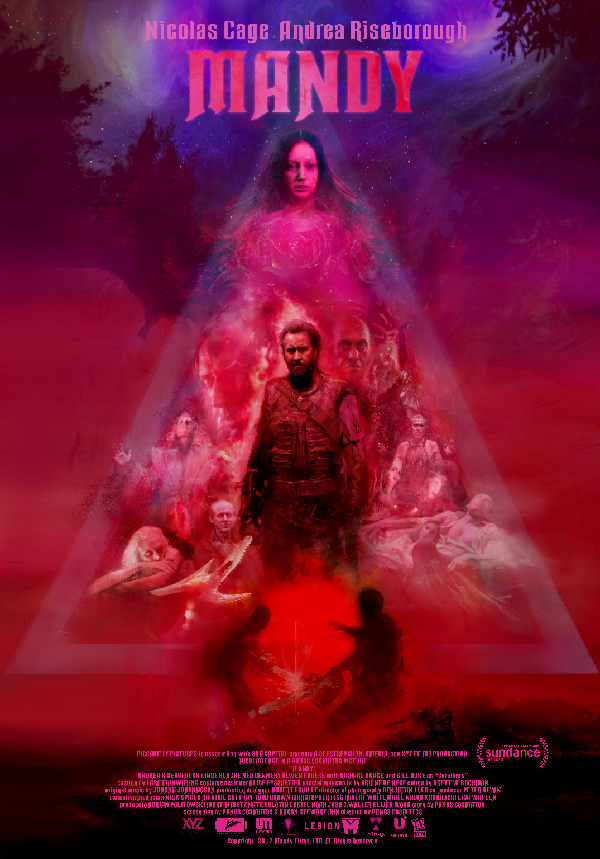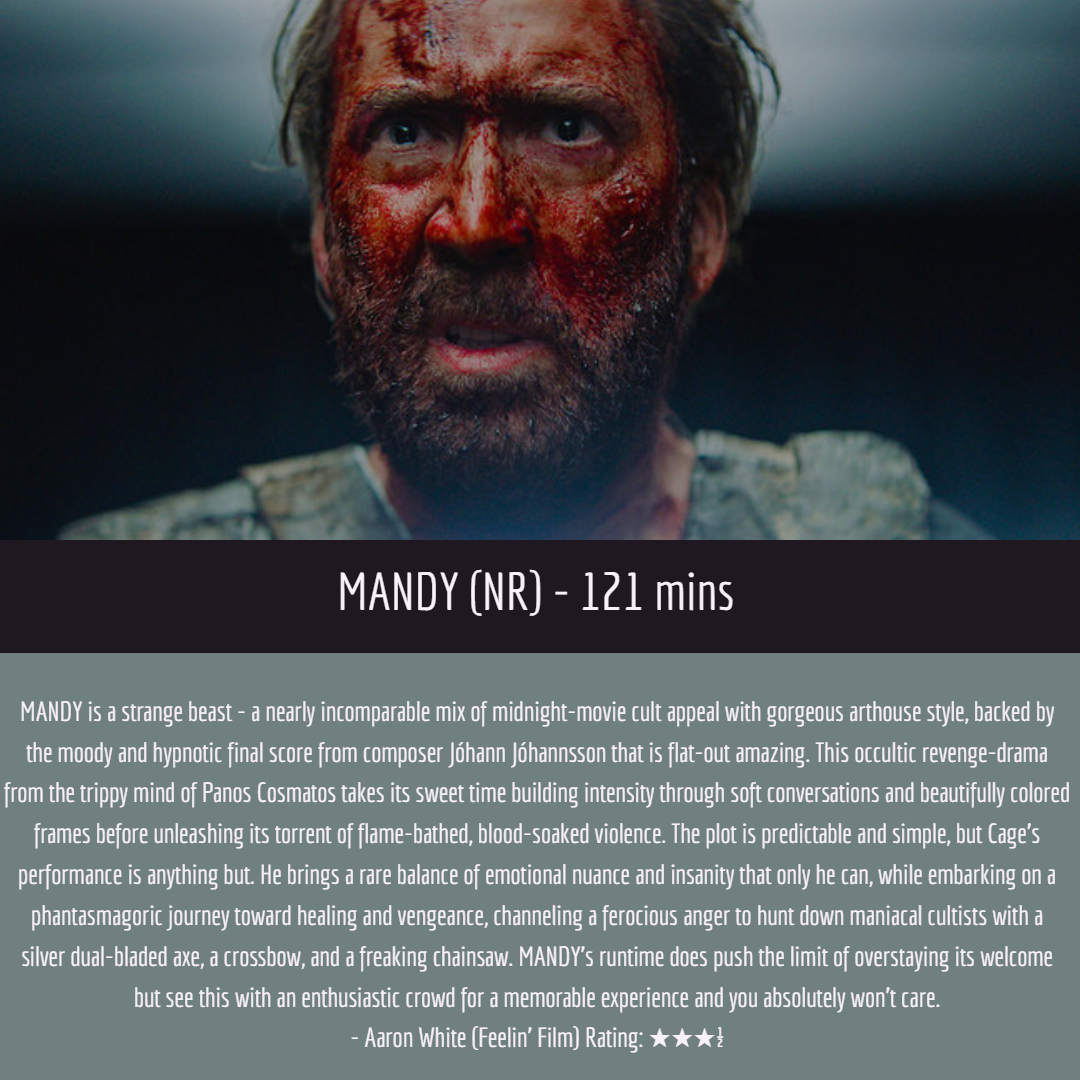Rating: Unrated / Runtime: 1 hour and 51 minutes
The best independent films do more with less. When there isn’t a massive budget to fall back on for special effects, the importance of storytelling and conveyance of mood become amplified. Operating on a $12 million budget (which I’d assume a decent chunk of went to star actor Nicolas Cage), Richard Stanley has crafted a gnarly, yet intoxicatingly beautiful aesthetic in “Color Out of Space”, which fits the bizarre nature of this story perfectly. The tale comes from an H.P. Lovecraft short story of the same name. We follow the Gardner family, who have not too long ago traded city life for a rural family estate located near Lovecraft’s famous setting of Arkham, Massachusetts. Nathan (Cage), the father, is a wannabe gardener and farmer who raises alpacas and is trying to embrace this new country life, while his wife Theresa (Joely Richardson) is doing her best to work from home via the home’s bad internet connection while recovering from breast cancer surgery. They have three children, all with their own sort of strange qualities. LaVinia (Madeleine Arthur) we first meet in the middle of some kind of Wiccan ritual that she hopes will heal her mother and eventually lead the family back to the city. Her practice of magic and dabbling in the occult continues throughout the film and leads to some pretty horrifying decision making. Her brother Benny (Brendan Meyer) likes video games, smoking weed, and helps out around the house without too much fuss. And then there is her younger brother Jack (Julian Hilliard), who is a bit of a mama’s boy still and gives the film a vessel for some freaky child-based horror. There’s also an old hippie living out in the woods who seems to notice problems with nature before everyone else and a young biologist named Ward (Elliot Knight) who pops in and out of the story and serves as a sort of documentarian for the events that take place.
The first half or so of the film, before things get really weird, I found myself very engaged. Family drama is explored and when the mysterious meteorite crashes into their yard a good amount of time is spent on slowly revealing various sci-fi anomalies that mess with the characters’ sense of sight and sound. Of course, this is based on the dark mind of H.P. Lovecraft, so horror is part of the story’s DNA and once it comes, the situation gets nasty quickly. There is definitely some gore, but it’s far from overwhelming and contained to just a few scenes. For the most part, it’s the psychological nature of horror explored here, a staple of Lovecraftian storytelling, and a general haziness of time and space that overwhelms the family as the alien color begins to permeate the landscape and their lives. Cage is given the opportunity to get nuts in a few scenes, but unfortunately, it felt almost out of left-field, very forced, and not a natural reaction I expected from his character. Perhaps if he had gone all-out crazy and stuck to that versus oscillating back and forth between sanity and insanity it would have played better for me. It’s in the second half of the film, where the color from the meteorite is taking over, where I didn’t find myself enjoying it nearly as much. As mentioned earlier, the look of the film is mesmerizing and the score by Colin Stetson contributes strongly toward setting that important mood. I just didn’t care about the characters much at all, and I didn’t find the film to be saying anything vastly important about humanity and nature. It’s a tale of aliens or elder gods or whatever you want to think of them as showing up without any explanation as to why and ruining life for this family in a horrific way. The story is just lacking a bigger picture view that I think would have given it much-needed weight and stakes.
“Color Out of Space” is Stanley’s first feature film in over two decades, though, and it proves the filmmaker most famous for being fired from “The Island of Doctor Moreau” still has talent worth sharing with the world. The visuals alone are worth seeing this movie for and it never dips into lackluster boring territory, even if it doesn’t reach any memorable heights either. “Color Out of Space” is the kind of unique sci-fi and horror film that we deserve to see more of. Though the vision of their directors may not blow every viewer away, seeing something this different from mass-market blockbusters is always a treat.
Rating:

Aaron White is a Seattle-based film critic and co-creator/co-host of the Feelin’ Film Podcast. He is also a member of the Seattle Film Critics Society. He writes reviews with a focus on the emotional experience he has with a film. Follow him on Facebook and Twitter to be notified when new content is posted.

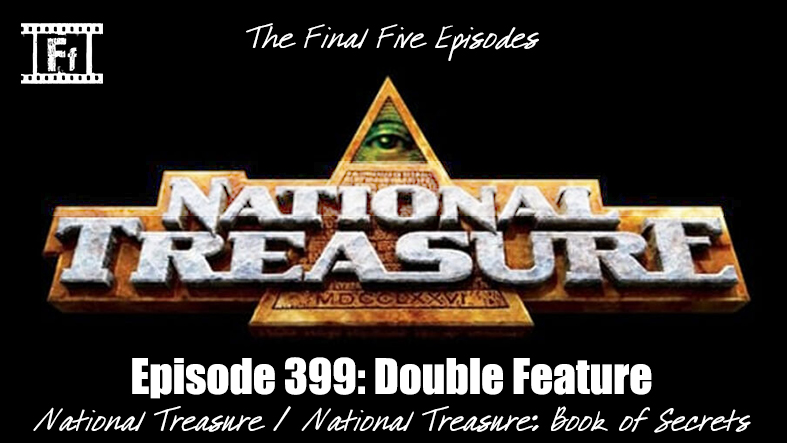
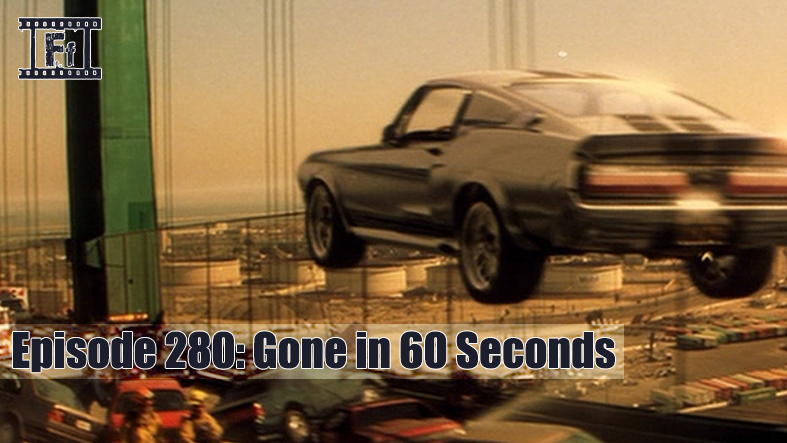
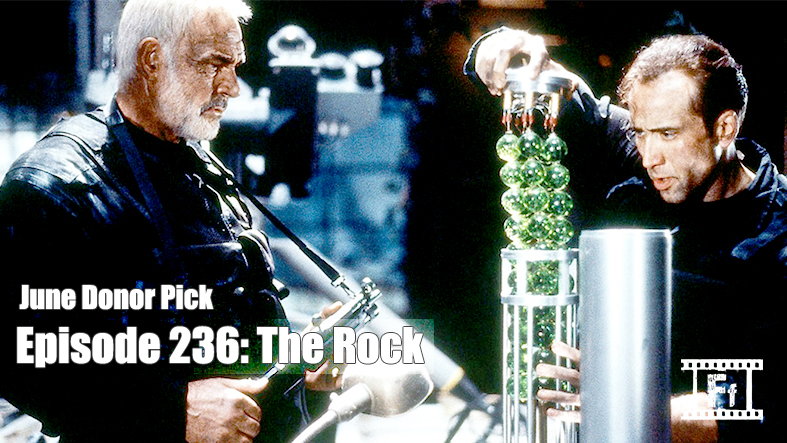

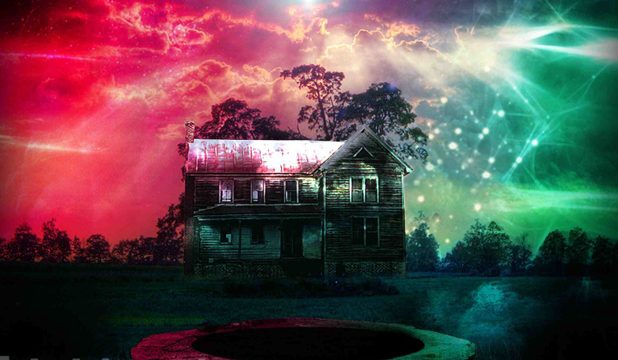

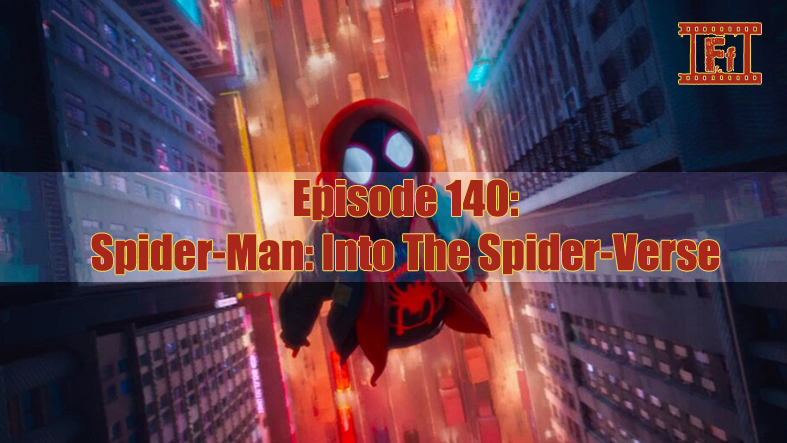
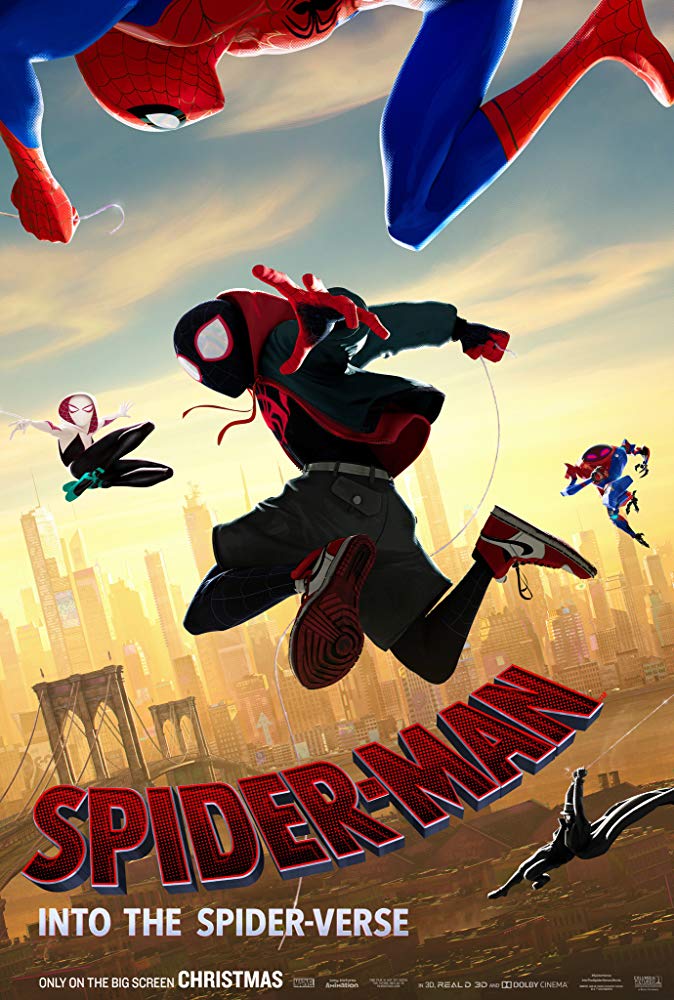
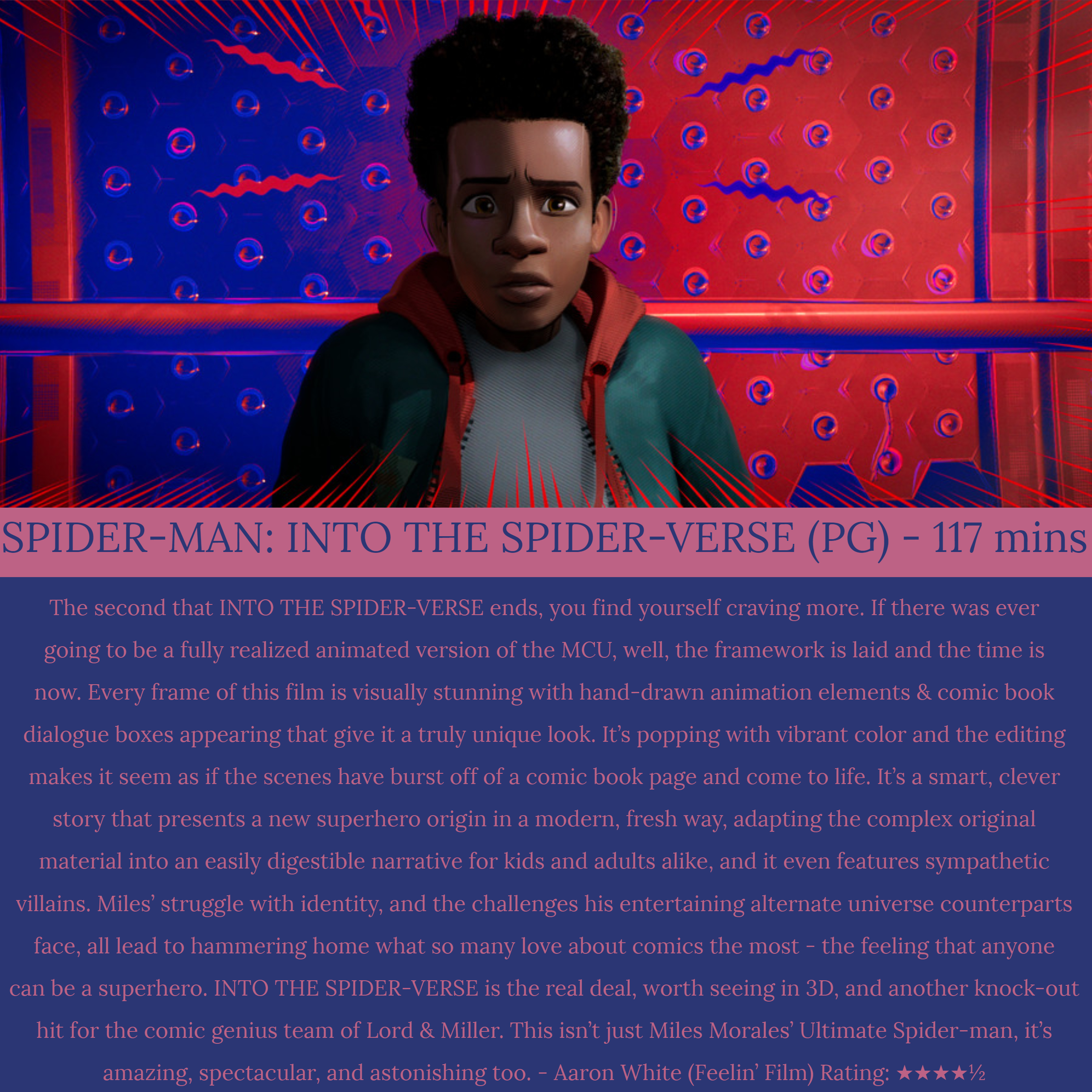
 Aaron White is a Seattle-based film critic and co-creator/co-host of the Feelin’ Film Podcast. He is also a member of the
Aaron White is a Seattle-based film critic and co-creator/co-host of the Feelin’ Film Podcast. He is also a member of the 
 DON SHANAHAN
DON SHANAHAN